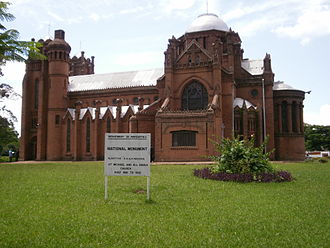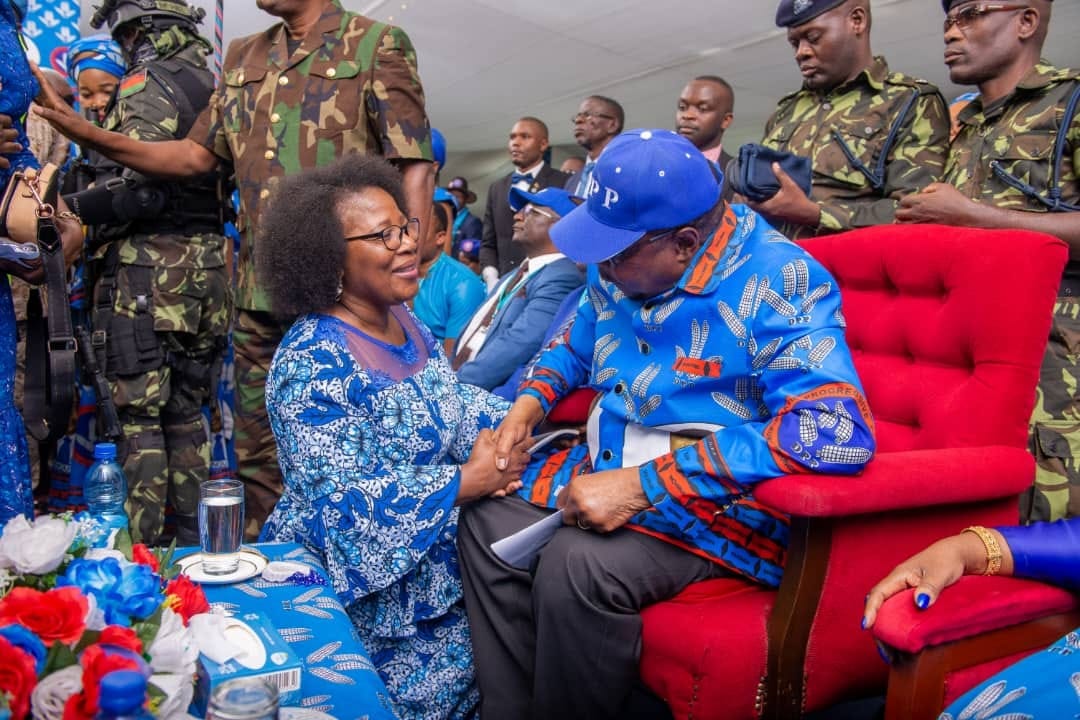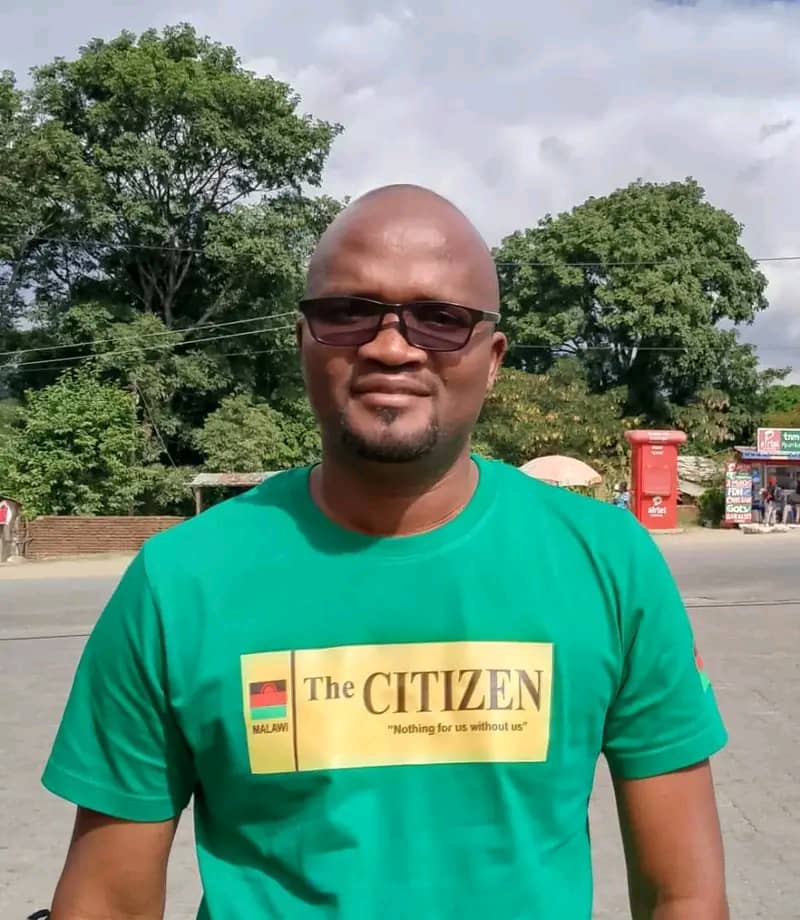By Burnett Munthali
The Church of Central Africa Presbyterian (CCAP) has stood as one of Malawi’s most influential religious and sociopolitical institutions since its founding in the 19th century by Scottish missionaries. With its strong ecclesiastical structures and grassroots presence, the CCAP has played a vital role not only in spreading Christianity but also in shaping national identity and political consciousness.
Established through missionary work, the CCAP began as a spiritual force focused on evangelism and social transformation through education, health, and community development. Over the decades, its influence transcended spiritual matters and entered the realm of governance, national discourse, and civic engagement. The church’s multiple synods—Blantyre, Nkhoma, Livingstonia, Harare, and Zambia—have each contributed uniquely to this broad impact.
Initially, during Malawi’s struggle for independence, elements within the CCAP were seen to align with the Malawi Congress Party (MCP), then under the leadership of Dr. Hastings Kamuzu Banda. This early relationship was grounded in shared aspirations for self-governance and the rejection of colonial domination. Some clergy and church members viewed the MCP as a legitimate partner in the quest for African empowerment and national liberation. The MCP, in turn, embraced church support to gain credibility among rural communities deeply embedded in Christian teachings and moral values.
However, as Malawi transitioned into a post-independence state and Banda established a one-party regime, the CCAP’s position began to evolve. Although the early relationship was cooperative, the church gradually shifted its stance as it observed growing authoritarianism, political repression, and suppression of civil liberties under the MCP government.
The transformation from ally to critic became particularly evident in the 1980s and early 1990s, as political and social pressure mounted for the introduction of multiparty democracy. Among the synods, the Livingstonia Synod emerged as the most vocal in advocating for political reform and democratic governance. Known for its strong Northern Malawi base and legacy of missionary-founded educational institutions, Livingstonia provided a platform for clergy and laypeople to speak out against injustice and state-sanctioned oppression.
The CCAP’s contribution to Malawi’s democratic movement was not merely rhetorical. It was marked by bold action, including the publication of pastoral letters condemning human rights violations and corruption. These letters, read from the pulpit, stirred public debate and inspired civic resistance in an era when dissent was met with intimidation and imprisonment. In particular, the church worked in concert with civil society leaders, activists, and other faith groups to demand constitutional reforms and an end to one-party rule.
Paul Gifford, in The Christian Churches and the Democratisation of Africa, underscores how religious institutions like the CCAP played a catalytic role in political change across Africa, citing Malawi’s experience as a key example. In this context, the CCAP became a prophetic voice, speaking truth to power and reawakening a sense of agency among ordinary Malawians. Rhodian G. Munyenyembe also highlights the church’s contextual theology and its commitment to social justice as factors that empowered it to engage directly with the state on issues affecting the nation.
The culmination of this activism came in the historic 1993 referendum in which Malawians voted overwhelmingly to end one-party rule. Although the transition to multiparty democracy was driven by multiple actors, the CCAP’s contribution was crucial in legitimizing the movement among rural populations and embedding moral justification into the political demand for change.
Despite the strength of its democratic engagement, the CCAP has never been a monolith. Different synods have responded to political developments in varied ways, influenced by geography, leadership, and internal theology. The Blantyre Synod, for example, has often been perceived as more cautious in its political pronouncements, while the Nkhoma Synod has focused heavily on internal church development and theological education. Still, all synods have maintained the church’s foundational identity as both a spiritual and social force in Malawi’s development.
The CCAP’s influence is not limited to Malawi. The Harare and Zambia synods have extended its reach across southern Africa, reflecting the regional interconnectedness of Presbyterianism and the shared historical experience of colonialism, missionary activity, and Christian social action.
Apart from its political engagements, the CCAP remains a cornerstone of Malawi’s social service delivery. Through its mission hospitals, secondary schools, and theological colleges, the church contributes immensely to national development. It provides scholarships, builds community infrastructure, and promotes gender equity and youth empowerment in both urban and rural settings.
Today, the CCAP continues to engage with pressing national issues such as corruption, climate change, poverty, and education reform. As seen in recent statements and activities, the church has not abandoned its prophetic role. Instead, it has adapted to modern challenges, using new platforms and ecumenical partnerships to promote transparency, good governance, and ethical leadership.
The enduring lesson from the CCAP’s historical and political engagement is that the church, while rooted in faith, cannot remain silent in the face of injustice. Its theological mission and social responsibility intersect in the public arena, where it serves not only as a spiritual shepherd but also as a guardian of national conscience.
As Malawi faces fresh political transitions, economic uncertainty, and social change, the role of the CCAP remains as vital as ever. Its legacy reminds Malawians that faith and freedom are not mutually exclusive — they are mutually reinforcing when guided by truth, justice, and the courage to speak for the voiceless.
References
Patrick Johnstone and Jason Mandryk, Operation World: 21st Century Edition (Paternoster, 2001)
Overview of the worldwide reformed church: Malawi (Africa)
T. Jack Thompson, Christianity in Northern Malaŵi: Donald Fraser’s missionary methods and Ngoni culture, BRILL, 1995
Robert Benedetto and Donald K. McKim, Historical Dictionary of the Reformed Churches, 2nd ed, Scarecrow Press, 2010
Church of Central Africa Presbyterian (CCAP) – Harare Synod
Church of Central Africa Presbyterian (CCAP) – Zambia Synod
Paul Gifford, The Christian Churches and the Democratisation of Africa, BRILL, 1995
Rhodian G. Munyenyembe, Christianity and Socio-cultural Issues: The Charismatic Movement and Contextualization of the Gospel in Malawi, African Books Collective, 2011
“Chakufwa Chihana”, The Scotsman
“Kathumba v. President of Malawi”, Global Freedom of Expression
“Church Moderator embarks on trip marking 100 years of Malawi Church”, The Church of Scotland
Walter L. Brown, The development in self-understanding of the CCAP Nkhoma Synod as Church during the first forty years of autonomy: an ecclesiological study, University of Stellenbosch, 2005
CCAP Zambia – What We Believe
External links
Church of Central Africa Presbyterian – Blantyre Synod (Archived)
Church of Central Africa Presbyterian – StPauls CCAP Church




